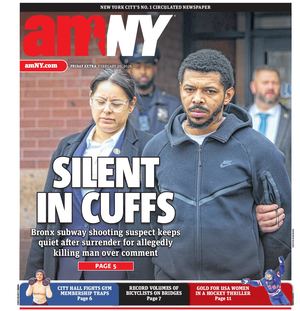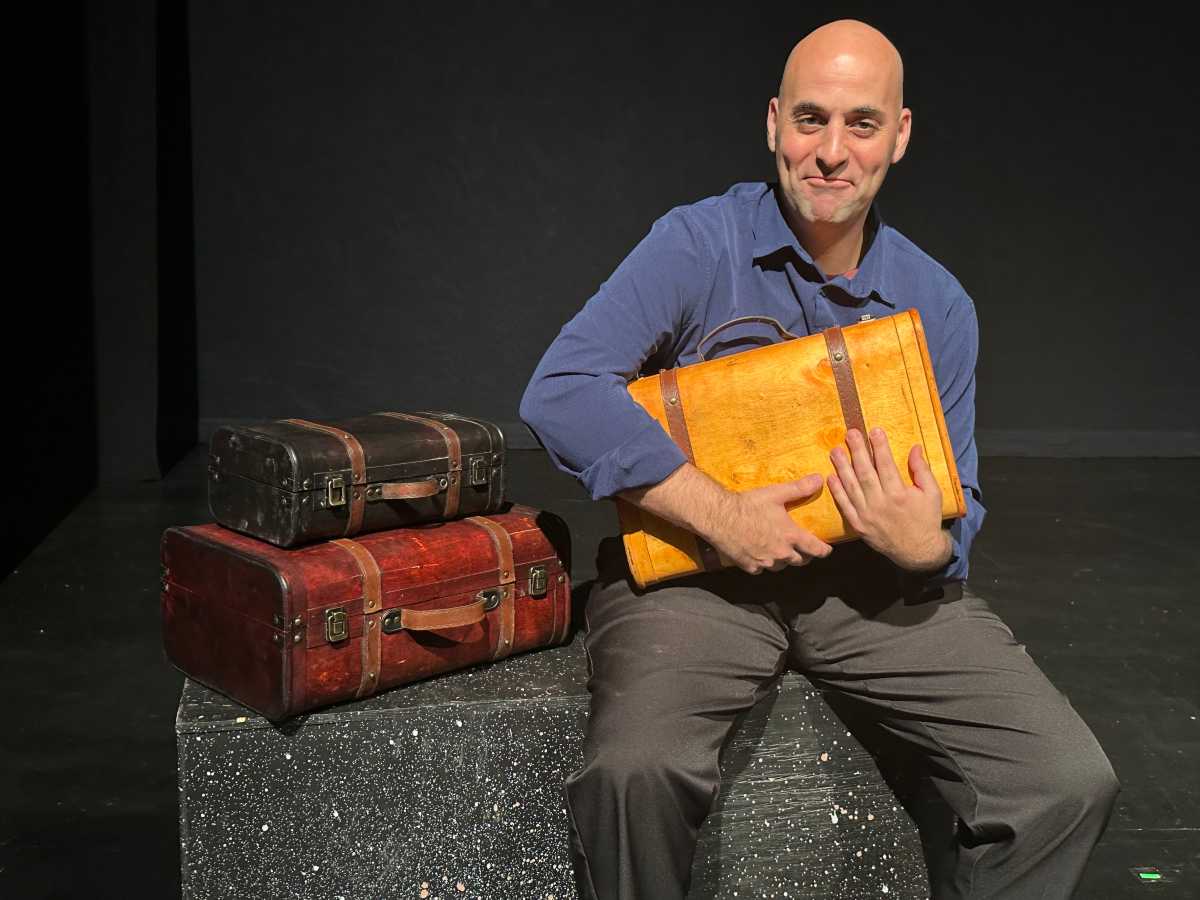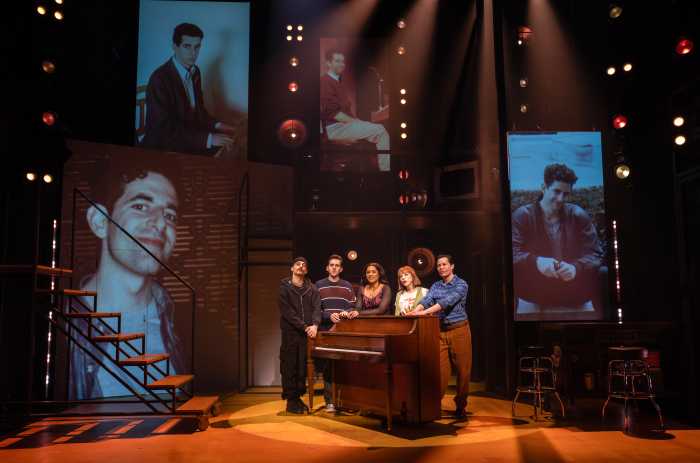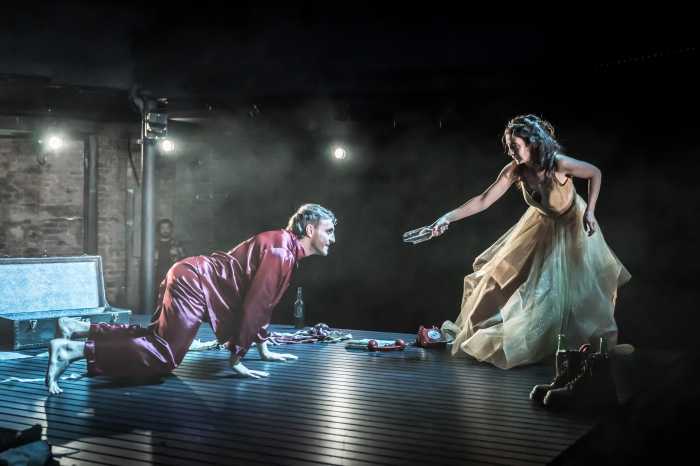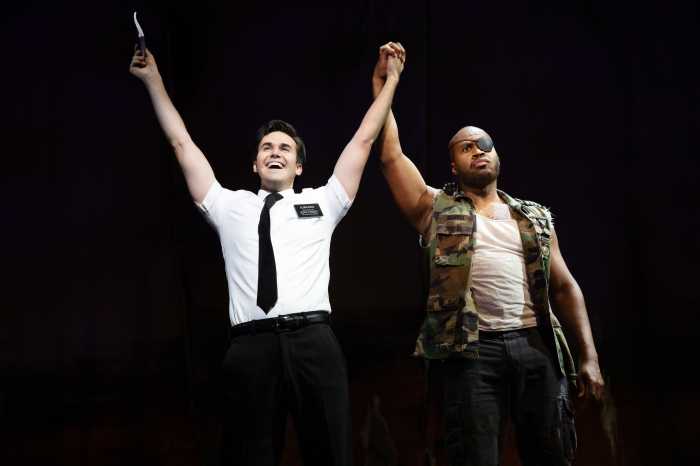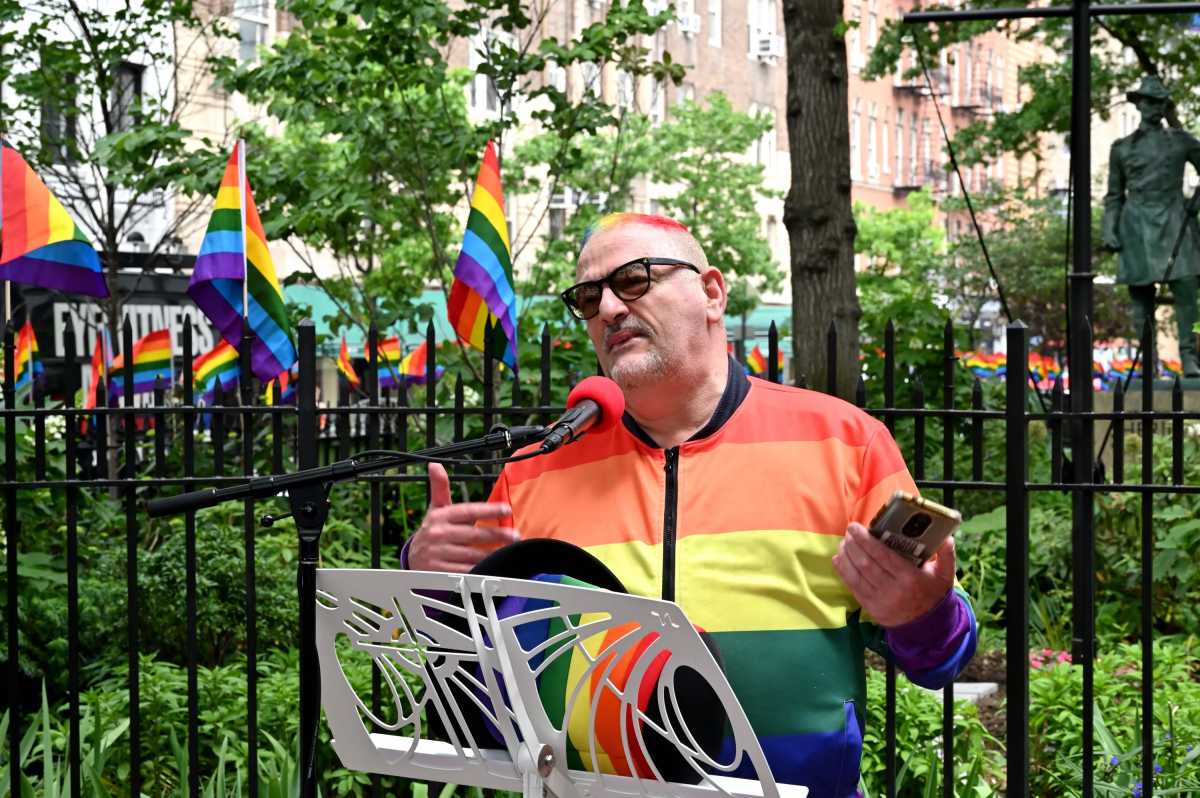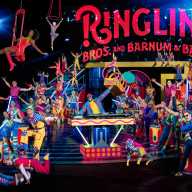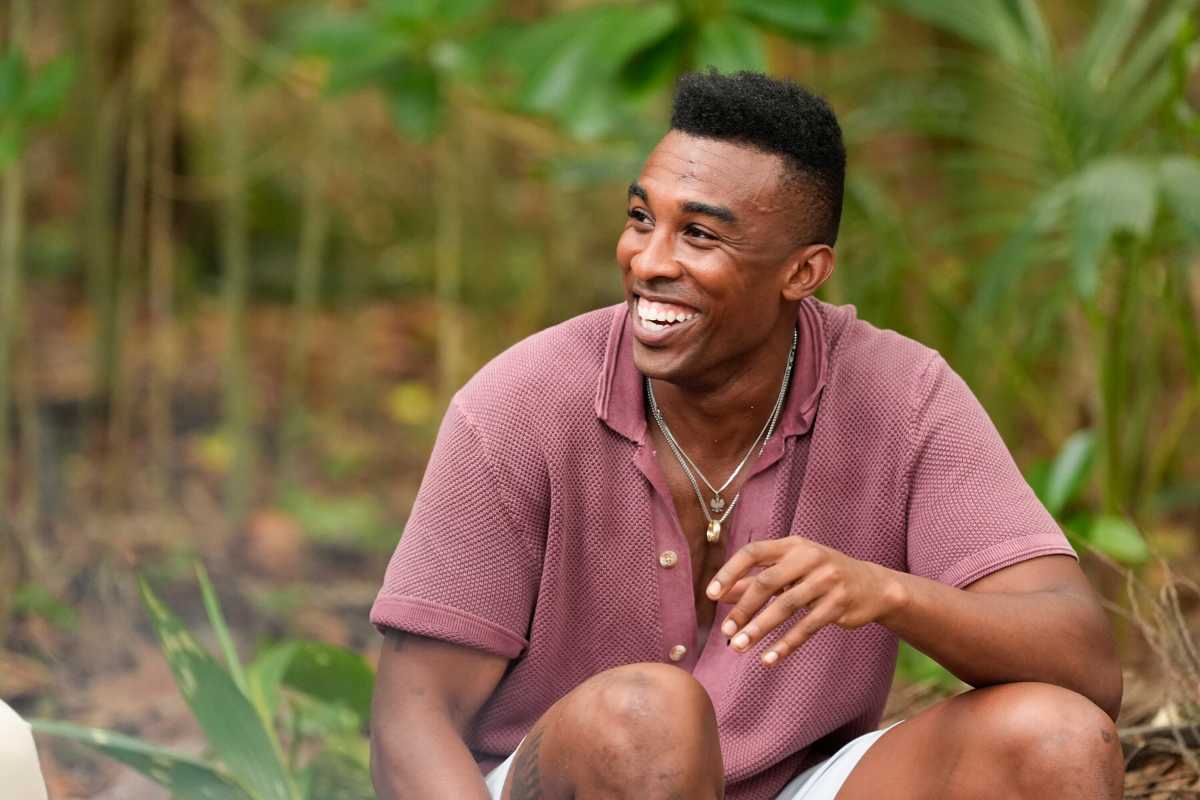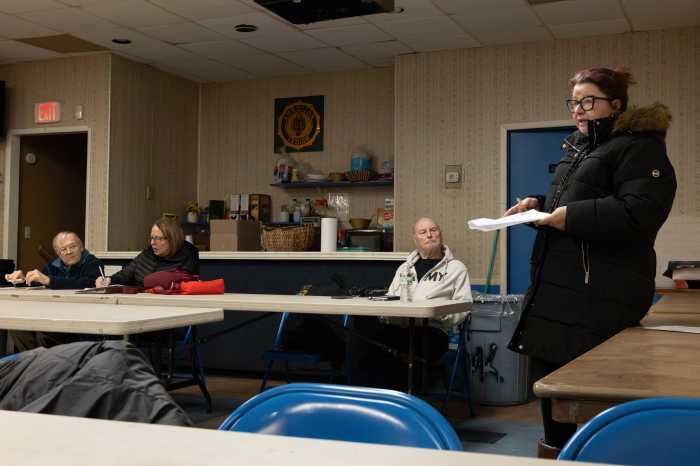One man’s mental health journey has become a vessel for audiences to look at and share their own stories.
“Clowns Like Me” is a one-man stage show about Scott Ehrenpreis, who has lived his whole life with mental illness while being on the spectrum. The play was written by Jason Cannon, who took Scott’s story and ran with it.
“Basically, for 75 minutes, Scott tells you stories about from his life and his life is one that is reflected through an experience of multiple mental illnesses. But with the benefit of narrative distance and with the benefit of creating a play out of it, we get to laugh, we get to cry, we get to discover things,” said Cannon. “Ultimately, Scott kind of goes on a journey of self-discovery here about how theater empowers him to accept, embrace and even for moments, overcome these challenges that were completely unfairly forced upon him.”
“Clowns Like Me” covers a lot of ground in Scott’s life, including his own real-life experiences while grappling with his mental health struggles. When it came to creating the play, Scott’s father Joel Ehrenpreis, who is the producer of the play, felt it was important that the story was not only entertaining, but also a punch to the gut for audiences.
“It’s actually more than a story, it’s an experience. And Scott tells it in such a way that people can relate,” said Joel.
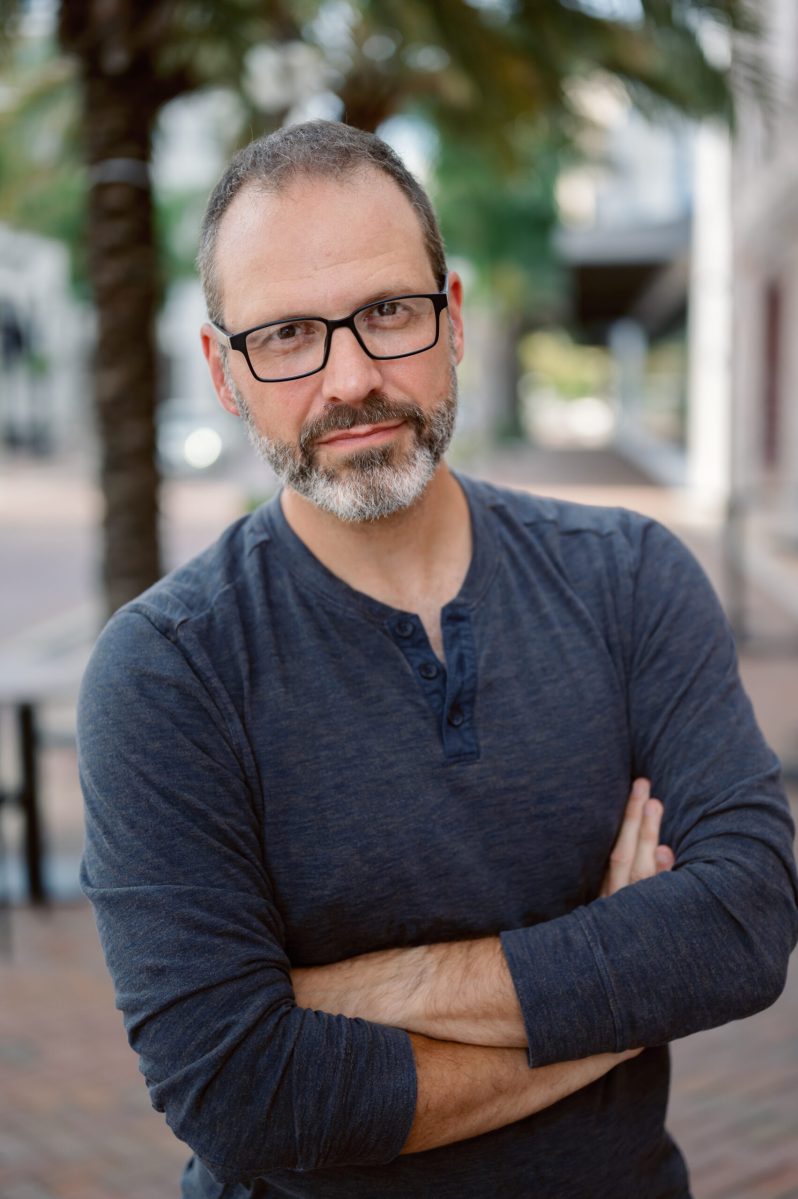
But for Scott and Cannon, nothing was really off the table when it came to which experiences were included, as they wanted the show to be a cathartic experience for the audience.
“It’s a play that has got heart and humor, it goes to dark places, but we earn the right to go there, and it’s filled with hope,” said Scott. “I have learned through the audience through the audience’s reaction that it’s a play that is, makes people not feel like a label.”
“Scott’s parents ended up being incredibly honest and vulnerable with me. Scott told me things I don’t know that he’s told anybody because we had to find a way to get to the core truth of his experience,” said Cannon. “And we’re not gonna be able to find a way to share that in a funny, entertaining or impactful way if we don’t have that core of truth.”
What truly makes the show unique is what happen after the story is over. After each performance, Scott hosts a talkback, which allows the audience to reflect on the show and take the opportunity to share their stories as well.
“I can tell you that virtually everyone that I have met everyone over the last two years and spoken to about this show has some emotional connection to mental illness, whether it was a donor or a patron Because when I asked if you had someone close to you that has had a mental health challenge, all the hands went up and people want to talk about it,” said Joel.
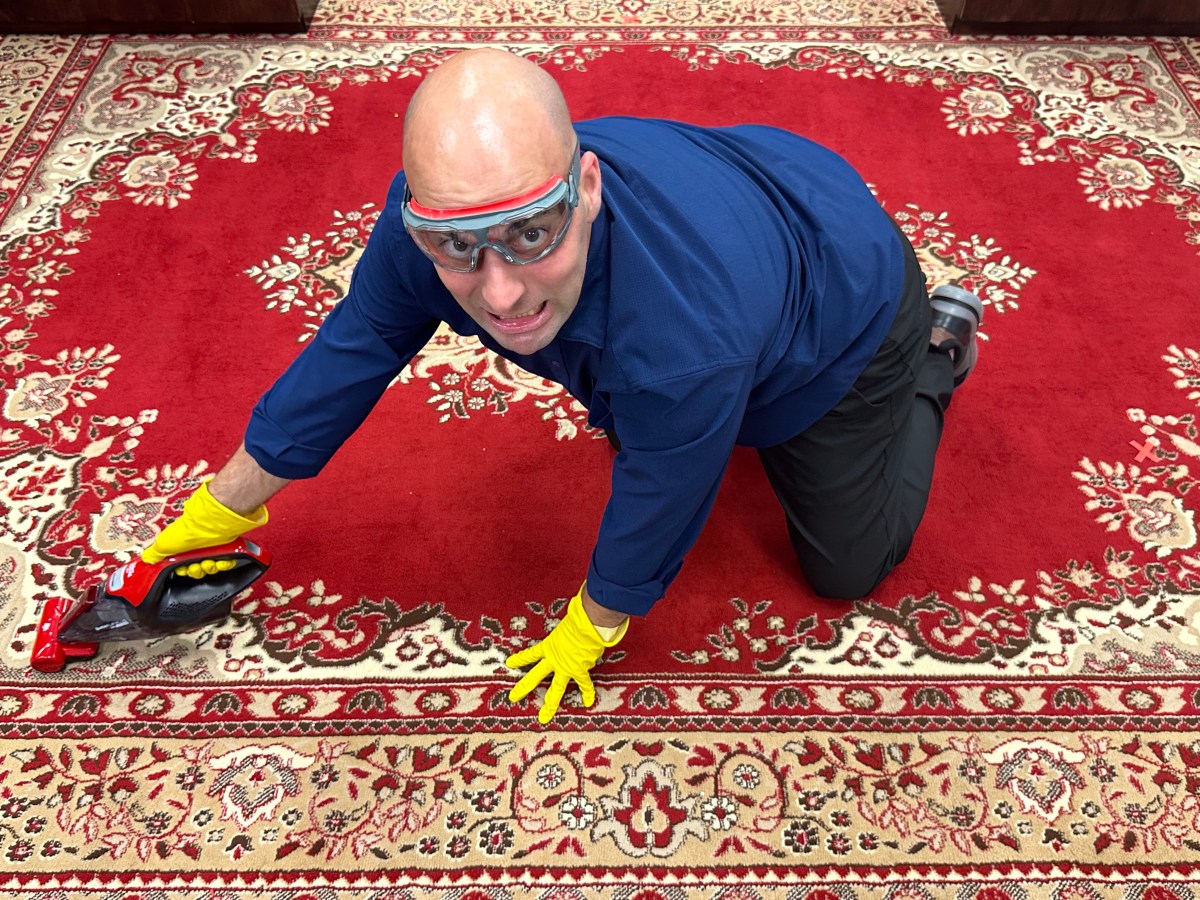
“They just ended up wanting to tell their stories about their own life or their family or their friends, and that’s when we would look at each other and know we’ve got our finger on a nerve here. We’re doing something right, because people are responding in a way that is completely cathartic that they, they are just opening themselves up,” said Cannon.
For Scott, it has been very freeing being able to tell his story on stage, not only as an actor but as a man being real about his story.
“It’s liberating. I don’t feel contained anymore or hidden. I feel heard, understood. I have a voice,” said Scott.
After having a sold-out run in Sarasota, “Clowns Like Me” is making its way to New York City’s Off-Broadway lineup later this month. Starting on June 30, the play will show at the DR2 Theatre.
“The thing that really made us want to come to New York and keep this mission moving forward was the people just telling their stories and wanting to connect with Scott after his play. That’s the response that’s just really propelled us forward,” said Cannon.
“This started with a seed of an idea from my father about telling my story because he really likes my acting and what I do. I wasn’t ready at the time, this was four or five years ago,” said Scott. “We’re going Off-Broadway. [The play] happened a little over two years ago, stuff like this does not happen. But with the help of Jason and my father and the Sarasota team, it’s amazing to see where I was a little two over years ago and where I am now. I didn’t just grow as an artist. I grew as a human being.”
Scott, Joel and Cannon agree that they hope that the New York audience walks away knowing that it’s okay to talk about your experiences and that they aren’t alone.
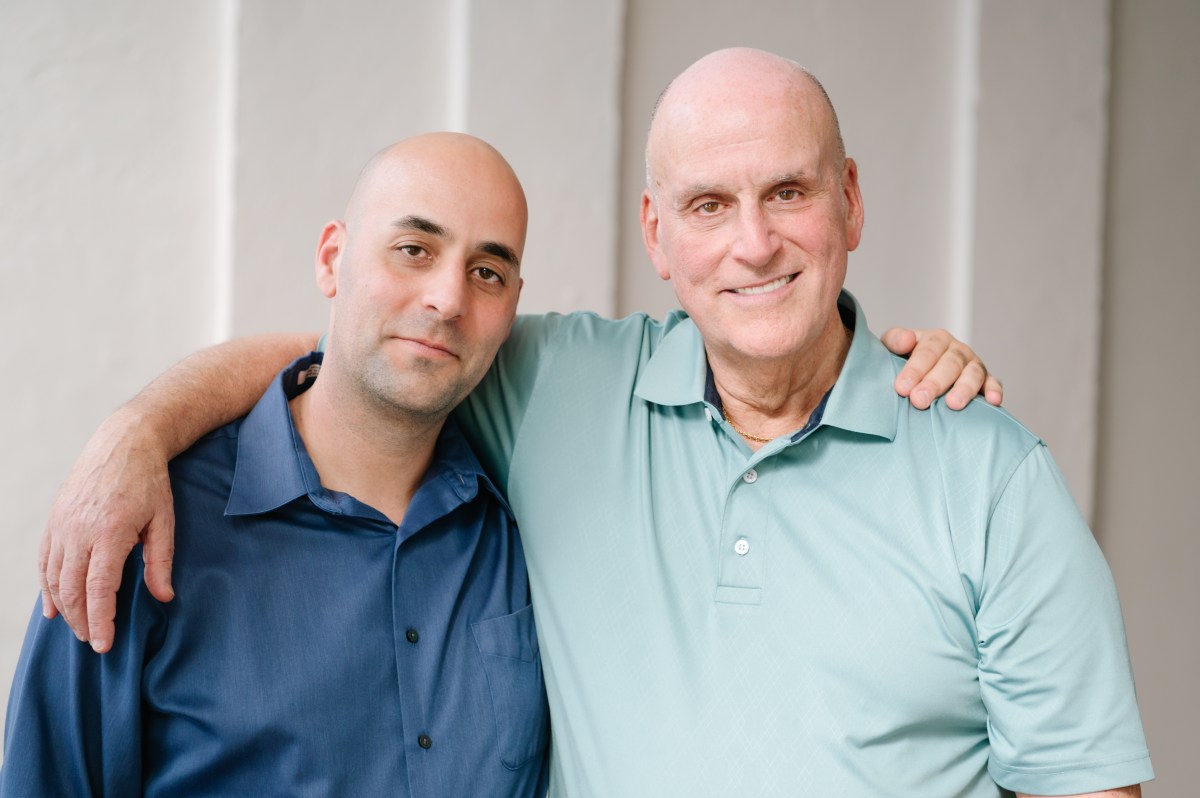
“I only hope that people come away thinking differently about mental illness because to me, empathy leads to understanding that leads to acceptance and that’s what I hope will occur when we arrive in New York because it’s already happened here,” said Joel.
It’s okay to be grappling with mental health. The same way you’d grapple with physical health, physical ailments, there are mental ailments to just accept that these things are real. There’s that stigmatizing them, hurts ourselves, hurts our community hurts the people going through it in, in the deepest ways, you are not alone, is it, it really does come down to that,” said Cannon. “The power of the idea of you are not alone is that even in the moment when you feel alone, there are tens of thousands of other people having that same feeling at the same time, right? So even if you are technically physically, physiologically, biologically, three dimensionally alone, that very aloneness ties you to a human experience that is widely shared.”
“I want [the audience] to know that there is no shame in talking about your mental illness. I hope for the neurotypical [audience] that they will be changed on how they respond to someone that may be a little off or off center.I want people to know that they are not disabled, they’re differently abled,” said Scott. “I hope that they take away that the ones that are on a lived experience that through my story, I’ve helped them take the dis out of disability.”
For more information, visit lifelineproductionsinc.org/clowns-like-me.
